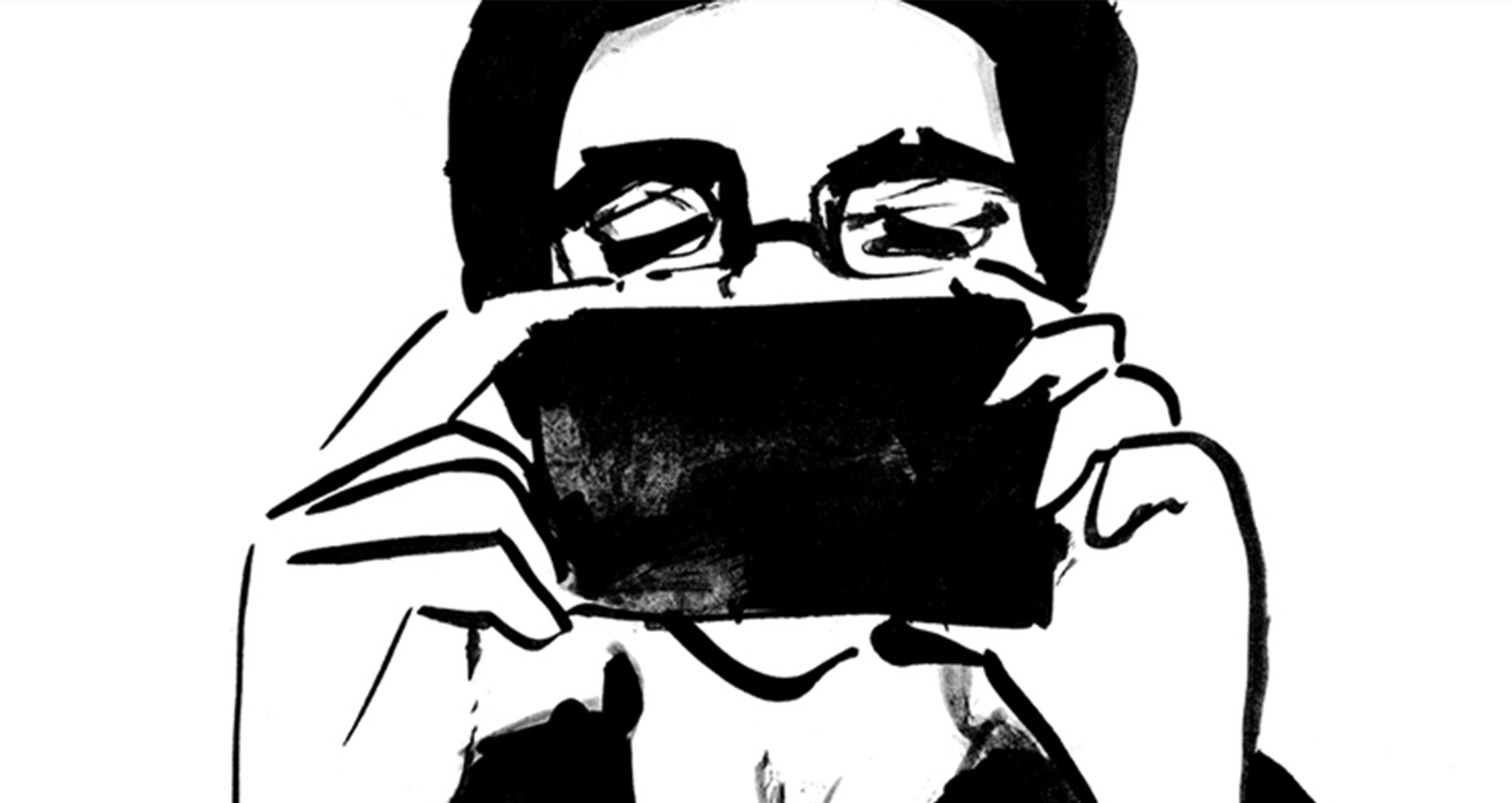
Introduction to making a web TV channel and a documentary web series
Workshop
200 $
This course will introduce participants to the world of quality and original documentary web TV. Participants will learn about different funding streams and distributors of French audio-visual material in Quebec and will gain the knowledge needed to tackle the challenges that weekly web production may present. They will also learn how to disseminate and promote audio-visual web content.
The course will alternate between theory- and practice-based components, so that participants can put what they’ve learned into practice. They will have the opportunity to create a basic functioning and independent web TV channel over four sessions.
THE COURSE
Theory-based component (24 hours)
This course will provide all technical information relevant to making a documentary web TV channel and web series. The philosophy of information technology and of the Web will be discussed, and matters for consideration such as the quality of the streaming platform, and the choosing of a subject of interest, a web host, a website design, and its ‘look and feel’ will be addressed. Examples of strategies employed by different web TV platforms from Quebec (Tou.tv, Fabriqueculturelle, UNIS) and elsewhere (TED.COM, Medicit.tv) will be studied. Next, financing strategies and the pre-production of a web series will be covered, followed by production and the art of ‘doing a lot with a little’. There will also be a component on dissemination and promotion and the difficulties associated with breaking through the ambient noise of the Web.
Participants will create a development plan for a web TV channel, a budget for a three-part web series, and a promotion plan for the latter. The instructor will offer comments and advice about the material produced.
Practice-based component (18 hours)
Working in teams of two, participants will produce a web series made up of three two-minute episodes on an arts-related subject, which will take either documentary, magazine, or essay form. Teams will have 20 hours to cover all stages of production: choice of subject, coordination, visuals and graphics, choice of equipment, location scouting, filming and editing, and marketing.
Example of a web series: On the second day of the course, two participants go to the Théâtre La Licorne where they shoot a magazine-style video about the theatre’s current production. For part two, they produce a short documentary about the theatre itself, comprising an interview with the artistic director (if possible). For part three, the team produces a video essay, in the style of their choice, relating to the theatre. All three features should be realized in the same day. (This subject is just an example.)
Prerequisite
Participants must be able to use a camera, sound recording equipment, and editing software independently (Adobe Premiere Pro, FCP7, FCPX). They must be well acquainted with social media.
About the instructor
Simon Paradis has been producer and director of airelibre.tv, a web TV channel dedicated to literature and the arts, since 2011. He produces literary shows Rature et lit (airelibre.tv, Bell Fibe TV1 and Canal Savoir) and ‘Between the Pages’(airelibre.tv and Bell Fibe TV1). He manages the non-profit organization Diffusion aire libre and is an active member of Vidéographe.
Conditions of admission
This course is intended for artists or those working or seeking employment in the field of media arts. Applicants should reside on the island of Montréal and be available throughout the duration of the course.
Enrolment
Please write to info@videographe.qc.ca, to verify your eligibility and reserve your place.



